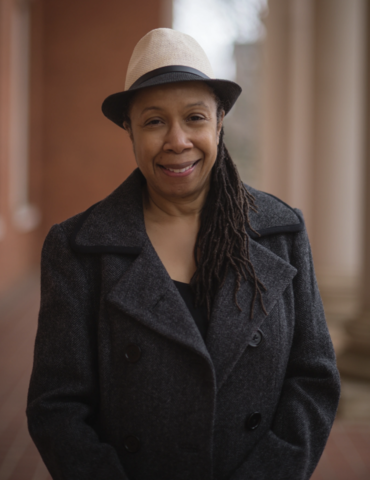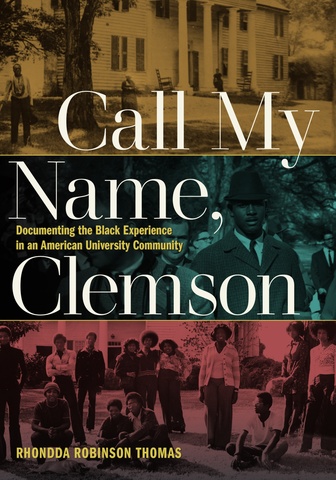by Rhondda Robinson Thomas
University of Iowa Press
November 2020
284 pages
ISBN: 9781609387402
Between 1890 and 1915, a predominately African American state convict crew built Clemson University on John C. Calhoun’s Fort Hill Plantation in upstate South Carolina. Calhoun’s plantation house still sits in the middle of campus. From the establishment of the plantation in 1825 through the integration of Clemson in 1963, African Americans have played a pivotal role in sustaining the land and the university. Yet their stories and contributions are largely omitted from Clemson’s public history.
This book traces “Call My Name: African Americans in Early Clemson University History,” a Clemson English professor’s public history project that helped convince the university to reexamine and reconceptualize the institution’s complete and complex story from the origins of its land as Cherokee territory to its transformation into an increasingly diverse higher-education institution in the twenty-first century. Threading together scenes of communal history and conversation, student protests, white supremacist terrorism, and personal and institutional reckoning with Clemson’s past, this story helps us better understand the inextricable link between the history and legacies of slavery and the development of higher education institutions in America.
“Through a compelling blend of history, contemporary experiences, observation, and personal honesty, Thomas reveals how the nation’s institutions continue to rely on a small group of people to make change in the area of race and racism, not to mention other forms of diversity. Call My Name, Clemson is a fascinating, thought-provoking read for anyone interested in how political change happens.”
—Leslie M. Harris, coeditor, Slavery and the University: Histories and Legacies
About the Author

Rhondda Robinson Thomas is the Calhoun Lemon Professor of Literature at Clemson University where she teaches early African American literature and American literature. She has published Claiming Exodus: A Cultural History of Afro-Atlantic Identity, 1774-1903 and co-edited The South Carolina Roots of African American Thought. She contributed the “Locating Slave Narratives” chapter to the Oxford Handbook of the African American Slave Narrative and is the acquisitions co-editor for the African American Literature series at the Clemson University Press/Liverpool University Press partnership.
Her essays have appeared in American Literary History, Southern Quarterly, and African American Review. Dr. Thomas is also the director of the award-winning Call My Name: African Americans in Early Clemson University History research project for which she has been awarded a Whiting Foundation Public Engagement Fellowship, a gift from Dr. James and Edith Bostic Jr. through the Clemson University Foundation, and grants from the National Endowment for the Humanities, SC Humanities, and Clemson University’s Office of the Provost.
